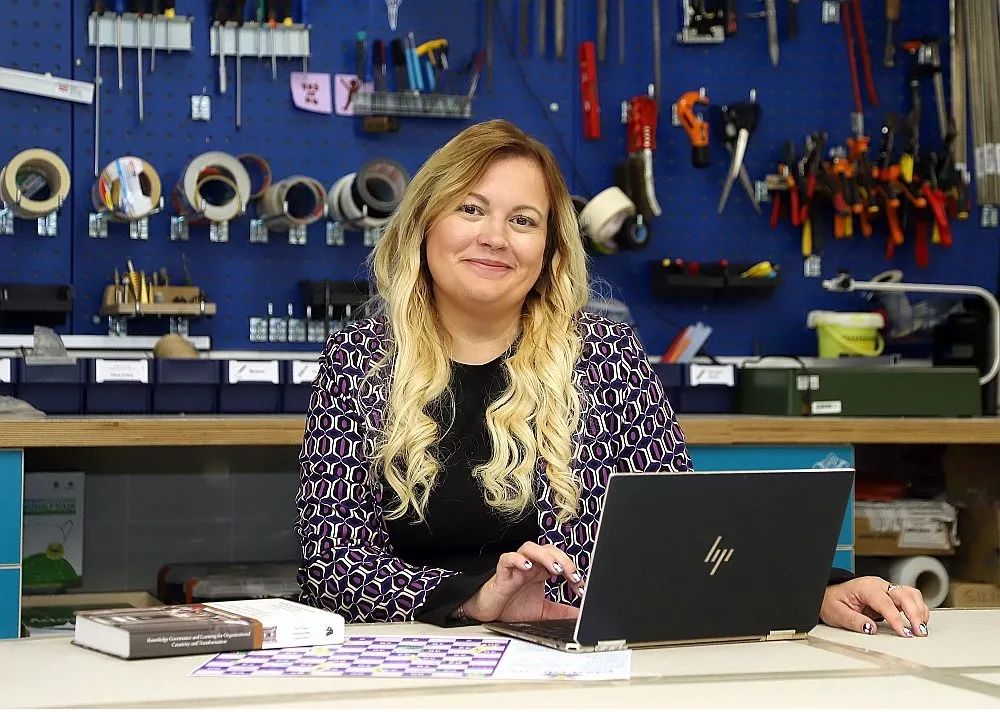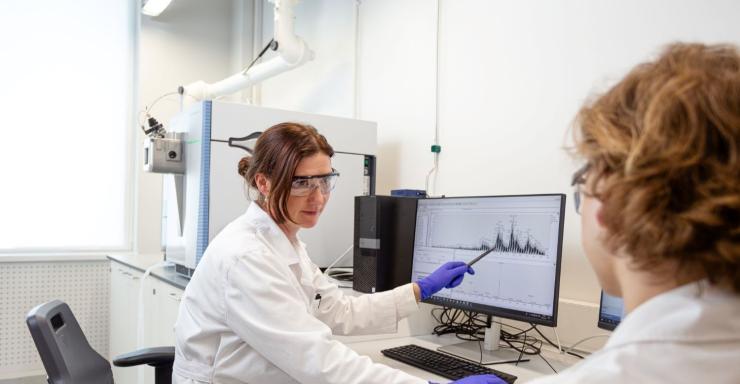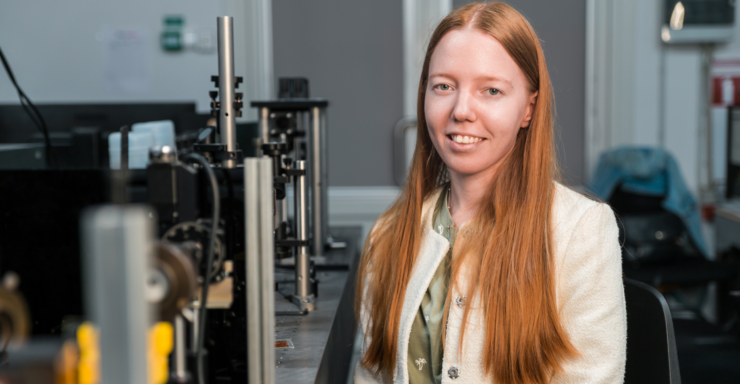The main goal is to develop the scientific careers of new doctoral graduates and encourage independent research. It also serves as a way to motivate and integrate young scientists into the scientific community, gain international experience, and lay the foundation for their scientific careers, says Lauma Muižniece, director of the Latvian Council of Science, about the EU-funded program "Support for the Implementation of Postdoctoral Research." This seven-year program concluded at the end of last year, but a new, similar program has since been launched.
During the program, scientists who had earned their doctorate within the last ten years could receive EU funding to independently implement research projects while growing as scientists.
€44 Million for Young Scientists
Traditionally, young researchers join research groups led by experienced scientists without managing projects themselves. However, under this program, postdoctoral researchers were tasked with conducting individual studies. These studies allowed them to learn how to draft project proposals, plan research, and execute their studies independently, albeit with the support of a scientific supervisor. Sometimes, several postdoctoral researchers worked within the same group but focused on different aspects of a larger study.
Most postdoctoral researchers worked within scientific institutions, aligning their research with the institution's existing research directions. This approach helped them gain additional expertise from colleagues and their scientific supervisors, fostering synergy between projects, Muižniece explains.
Often, postdoctoral studies extended research initiated during doctoral studies. Initially administered by the State Education Development Agency, the program has been managed by the Latvian Council of Science (LCS) since 2022. Supporting young scientists who recently obtained a doctoral degree is a widely recognized tool globally, Muižniece emphasizes.
Overall, €44 million from the European Regional Development Fund (ERDF) was allocated to researchers’ salaries and other research expenses. A small portion of funding also came from the national budget and host institutions, such as the University of Latvia, which contributed €12 million to the program, 85% of which was ERDF funding.
Limited Funding and International Reach
Despite the program's benefits, not all applicants received funding due to limited resources. Projects also had to meet specific scientific quality thresholds assessed by international experts. On average, half of the submitted projects were approved. One requirement for participants was to disseminate their findings, such as through scientific publications and public communications, ensuring societal awareness of research results.
Postdoctoral researchers could also participate in international scientific missions, broadening their horizons and promoting Latvian research on a global scale. However, some researchers established networks abroad and continued their careers internationally after the program ended, though the hope remains they might return to Latvia.
Industry Collaboration and Challenges
Postdoctoral researchers could work not only in academic institutions but also in companies, though interest from businesses was limited. Many projects were still in early stages and might only become commercially viable later, while businesses often demand quicker results. The requirement to employ researchers for five years after project completion also deterred businesses.
Nevertheless, 87 companies collaborated with researchers during the program, and 205 commercially viable products were developed. Industrial research projects accounted for the majority, aiming to pave the way for technology development, although patent data wasn’t collected. In the new postdoctoral program, tracking patent applications will be emphasized.
Highlighting Success: Case of Idea Management
One notable participant, Elīna Miķelsone, carried out her postdoctoral project on idea management at her company, developing systematic methods for generating, evaluating, and implementing ideas. Her research included creating board games like "Idea Circus" and "Idea Poker," which help businesses develop innovative solutions.
Miķelsone’s work exemplifies how postdoctoral programs can not only advance individual careers but also generate tools beneficial for broader business and academic applications. Her research enhanced her company’s ability to consult on innovation management, proving small enterprises can successfully conduct scientific studies.
Program Impact
From 2017 to 2023, postdoctoral researchers gained competitive salaries, funding for research materials and travel, and opportunities for professional development. International experts evaluated the success of projects, with most achieving high implementation rates. Although the program has ended, its achievements underline the importance of targeted funding in fostering innovation and addressing societal challenges step by step.
Photo: Karīna Miezāja / Latvijas Mediji. Source: lasi.lv


